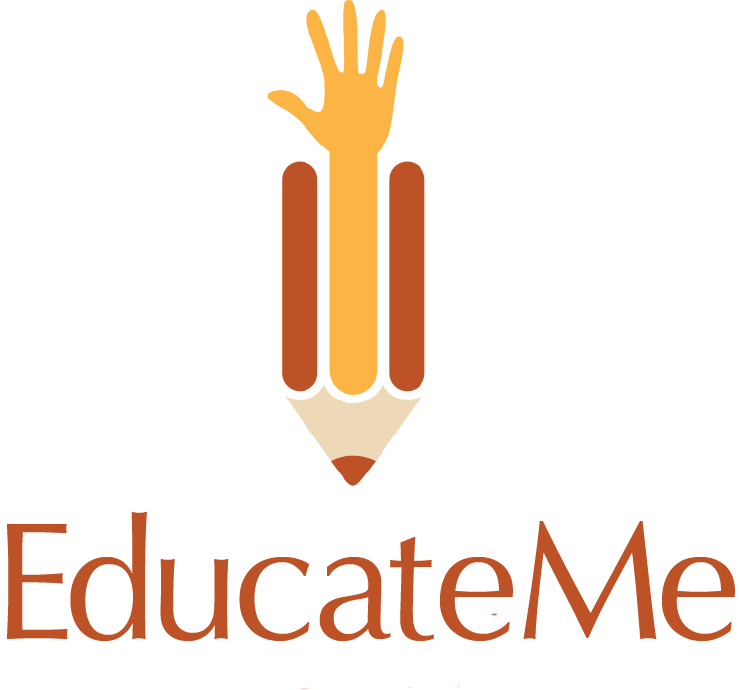The School Fees Challenge
In the developed world access to free primary and secondary education is a given. In the developing world it is not. Sitting in a country like the United States, where free education is a basic right, it is hard to fathom the overwhelming odds that parents across Sub-Saharan Africa must overcome to provide even the most basic education for their children. Most of us do not realize that extremely poor African families, those who live on just a few thousand dollars a year, must find a way to cobble together hundreds of dollars in school fees, hoping that their children’s lives can be better than their own. Many poor parents are faced with the unthinkable choice of not educating their children, or choosing which of their children will go to school and which will not.
The Global Response
The global response to the challenge of out-of-school children has been to focus on free access to public education. The UN, World Bank, and many African governments have worked hard to abolish school fees at public schools. Unfortunately, even where these efforts have been successful in creating free public education, the result has been massive overcrowding of schools--as many as 150 students per teacher-- making public schools even less effective than they were before.
The African Response
In the midst of this public education crisis, resourceful Africans have set about to solve their own education challenges by founding self-sustaining private schools. In many cases these schools have been launched in partnership or with support from foreign churches or NGOs. In other cases, school entrepreneurs have obtained loans from microfinance institutions (banks for the poor) to fund the start-up costs of schools in their local villages and communities. In addition to new schools, there are also many private schools that were founded by missionaries more than one-hundred years ago that are now managed by local African headmasters.
The common thread of all these schools is that they must, by definition, be self-sustaining. That means that they must charge school fees sufficient to cover the school's costs, including teacher salaries, maintenance, and in most cases, school lunches. Of course, while these fees are necessary for the school to be self-sustaining, they also make it challenging for poor families to educate their children.
The EducateMe Response
EducateMe was founded to do one simple thing . . . connect these African schools to donors who can sponsor school fees for children who cannot afford them. We work hard to identify high quality schools, and carefully select the children in their communities who will succeed in school if only given the chance. Please consider whether you can be the person to change one child's future with an EducateMe school fee sponsorship.

